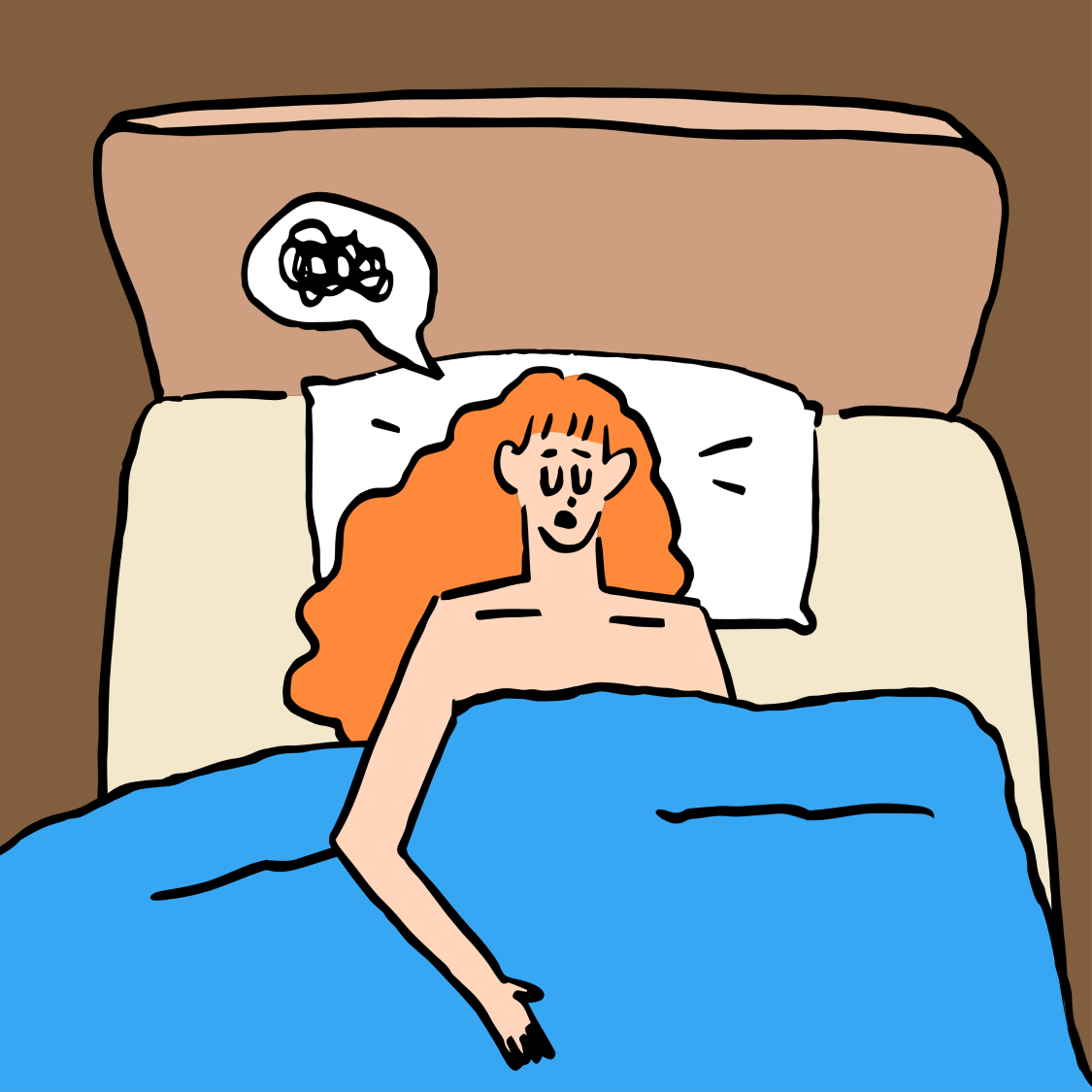Objectives
Many people feel pain when they have sex. Some people experience fear of the act of penetrating the vagina, such as with genitals, fingers or sex toys. However, this pain is not taken seriously in much of modern sex culture. Various excuses can frame pain during sex as something natural and unavoidable, such as ‘just not being used to it’, ‘the penis being too big’, or ‘your vagina’s too tight’.
However, repeated pain during or after penetrative sex can be a signal that something in your body is not right. The symptoms of pain during sex, known as Dyspareunia, can be caused by an infection, or other medical or psychological problems, most of which have solutions. It’s important to understand and actively respond to pain during sexual activity to ensure that this exciting and pleasurable part of your life remains enjoyable.
When you Experience Pain during Penetrative Sex
✔️ What is Dyspareunia?
Dyspareunia refers to pain experienced during or after penetrative sex. Many women who experience pain during penetration generally feel it in the vaginal canal, clitoris or labia regions, and same experience pain inside the pelvis and genital muscles (vaginismus). There are several medically identifiable causes for pain during sex, many of which are easily treatable.
✔️ What could be the cause?
The cause for sexual pain can vary depending on the type of pain, and it could be impacted by multiple complex causes. The most common causes for pain include;
- Surface Level Pain
- Not producing enough vaginal lubrication
- Vulva vestibular inflammation
- Inflammation, or infection of the vulva, vagina, or Bartholin’s gland (small glands on both sides of the vagina)
- Urinary tract inflammation or infection
- Injury to the genital area
- Radiation therapy impacting the vaginal canal
- Allergic reaction to latex condoms
- Involuntary contraction of vaginal muscles (Vaginal cramps)
- Vagina narrowing surgery
- Thinning and drying of the vaginal walls after menopause
- In rare cases, a congenital abnormality
- Deeper Internal Pain
- Infection of the cervix, uterus, or ovarian tubes (pelvic inflammatory disease)
- Endometriosis
- Hypercontraction of the pelvic muscles
- Disease, disorder or damage to the pelvic organs (bladder, uterus, cervix, ovarian tubes, ovaries etc)
✔️ Treatment
It’s important to understand your body, emotional state and experienced symptoms. Check for abnormalities in the body with a professional and receive medical treatment if necessary. In some cases, psychological counselling may be recommended. Representative causes and circumstances of pain during sex and the recommended treatments accordingly are as follows.
- If you suspect a vaginal infection
Visit a hospital and see a doctor. If you are infected with vaginitis the treatment can be as simple as medication. If you have a cyst or abscess, you may need to undergo a removal surgery.
- If there were any specific changes, such as beginning breast feeding or menopause etc
If the lining of the vagina becomes thinner and dry due to hormonal level changes, hormone supplementation therapy can be helpful. Medical professionals will consider both the expected effect of the hormones and the possibility of side effects.
- If your vagina is dry or tense
Even when you are sexually excited your vagina may not secrete enough lubrication. Increasing the time of foreplay before penetration can assist with lubrication. Using lube can also help.
- If you have had a negative experience such as sexual violence
You need to take the time to let your body overcome the pain it remembers. Find a psychologist or counsellor and get help from experts. It’s better not to push yourself to have sex before you feel ready.
Summary
- Pain during sex should not be tolerated or ignored
- Various physical and psychological factors play a role in dyspareunia
- Sexual pain can be alleviated through medical treatment, the use of aids, and psychological counselling

